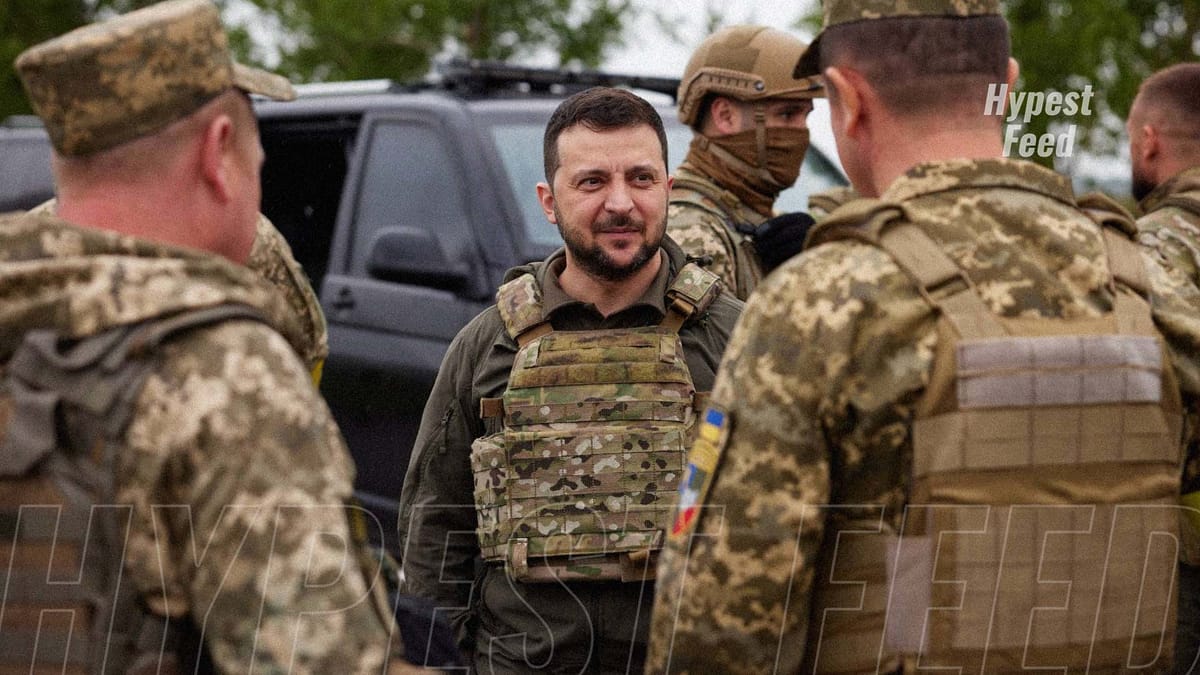Russian officials have intensified their accusations, implicating Ukraine and Western intelligence agencies in the recent tragic attack at the Crocus City Hall in Moscow, despite evidence pointing to the terrorist group Islamic State-Khorasan (ISIS-K) as the perpetrators.
Federal Security Service (FSB) chief Gen. Alexander Bortnikov asserted during a briefing that the attack was orchestrated by radical Islamists with the alleged assistance of Western special services. Bortnikov further claimed that Ukraine's special services had direct involvement in the incident, suggesting a coordinated effort to destabilize Russia.
Moreover, Bortnikov alleged that the terrorist attack served the interests of Western intelligence agencies and Ukraine, aiming to sow panic and disrupt societal harmony within Russia. These claims were echoed by Secretary of the Russian Security Council Nikolai Patrushev, who pointed fingers at Ukraine as a potential instigator of the atrocity.
While the Russian officials stopped short of providing concrete evidence to support their accusations, they hinted at ongoing investigations to substantiate their claims. The initial response to the attack resulted in the arrest of several individuals, primarily Tajikistan citizens, suspected of involvement in the terrorist plot.
Russian President Vladimir Putin also weighed in on the matter, attempting to link Ukraine to the attack by alleging that the suspects had attempted to flee to Ukraine through a route supposedly facilitated by Kyiv. However, these assertions remain unsubstantiated and have yet to be corroborated by independent sources.
As the investigation unfolds, questions linger regarding the true perpetrators of the heinous act and the motives behind it. Despite Russian officials' assertions, the prevailing evidence points towards ISIS-K as the primary orchestrator of the attack, underscoring the complex and multifaceted nature of the global terrorism landscape.
In response to the recent tragic attack at the concert hall in Moscow, National Security Council spokeswoman Adrienne Watson unequivocally attributed sole responsibility to ISIS. Addressing reporters, Watson emphasized that there was no involvement from Ukraine in any capacity, firmly refuting any insinuations to the contrary.
However, despite this assertion, Ukrainian President Volodymyr Zelenskyy vehemently rejected Russian President Vladimir Putin's attempts to implicate Ukraine in the attack. Zelenskyy denounced Putin and other Russian officials as "scums" for their baseless accusations, condemning their efforts to shift blame onto Kyiv as a pretext to perpetuate the invasion of Ukraine. In a statement posted on a social media platform, Zelenskyy condemned Putin's tactics, highlighting the pattern of manipulation and distortion employed by the Russian leadership.
Zelenskyy reiterated the hardships endured by Ukraine at the hands of Russian aggression, citing instances of violence, displacement, and atrocities committed by Russian forces on Ukrainian soil. He underscored the hypocrisy of Putin's attempts to deflect attention from internal issues by scapegoating Ukraine, asserting that such tactics would not detract from the grave violations perpetrated by Russian forces.
Furthermore, Zelenskyy warned against Putin's exploitation of national tragedies for personal gain, cautioning that terrorists must always be held accountable for their actions. He emphasized the need for solidarity and resilience in the face of such threats, reaffirming Ukraine's commitment to confronting terrorism and upholding peace and stability.
Amid escalating tensions and misinformation campaigns, Zelenskyy's steadfast condemnation of Putin's tactics underscores the importance of international cooperation and unity in combatting terrorism and promoting global security.



Member discussion: